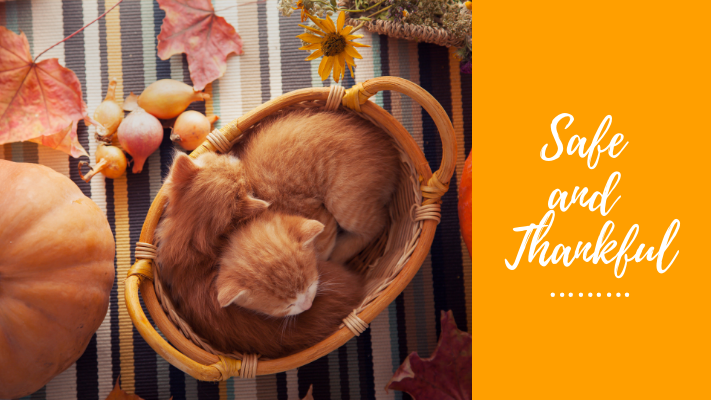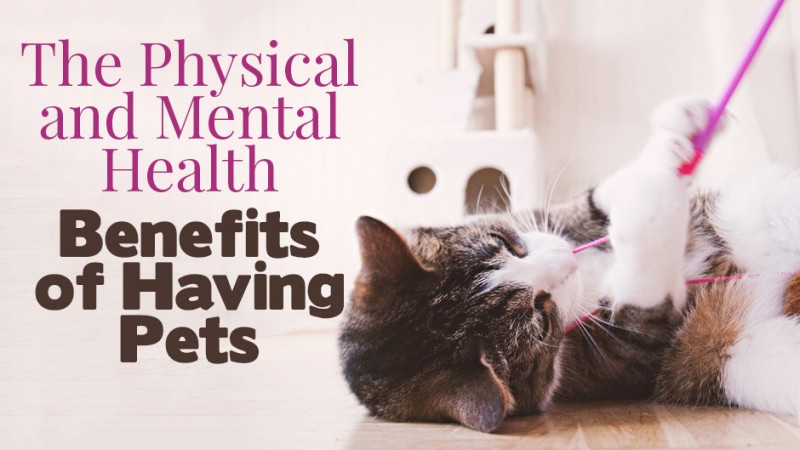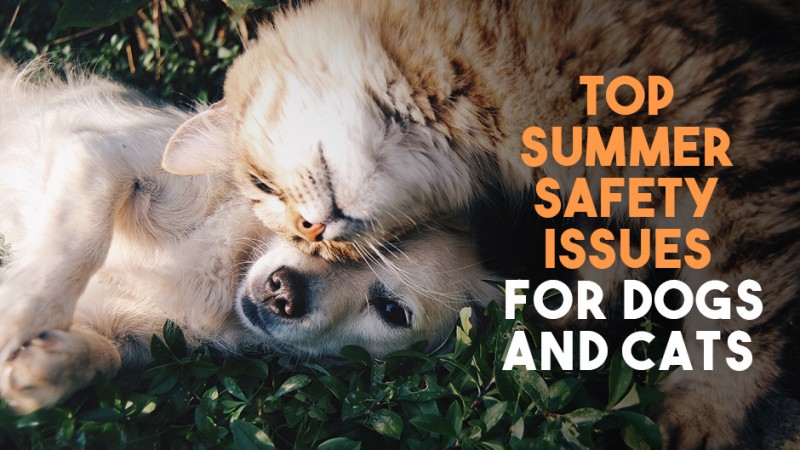Turner Veterinary Clinic News
Safe and Thankful

The hustle and bustle of Thanksgiving is a part of the tradition for many families. But in the commotion, it's important to keep safety in mind for our four-legged family members. Our Turner Veterinary Clinic veterinary staff offers these Thanksgiving safety tips to help you all have a safe and special holiday!
The Physical and Mental Health Benefits of Having Pets

Pet owners believe that their lives are enriched by owning a pet, but did you know even the Centers for Disease Control (CDC) suggests that having a pet is good for you? Pet ownership and companionship can prevent you from feeling lonely, give you more opportunities for socialization, and give you a sense of love and pride from taking such good care of your pet. In fact, just petting your dog or cat can immediately lower your stress level!
The Top Summer Safety Issues for Dogs and Cats

Now that summer is finally here, you and your pet can spend more time outdoors enjoying all that the season has to offer. Like the other three seasons, summer presents unique safety challenges for our companion animals. The good news is that you can enjoy a wonderful summer with your pet by taking a few simple precautions recommended by our Turner Veterinary Clinic veterinarians.
Categories
Recent Posts

Did you know that pets accidentally start nearly 1,000 house fires every year in the United States? It’s a scary thought, but it doesn’t have to be a reality in your home. Our furry companions are naturally curious and love to explore their surroundings, but sometimes their adventures can put them, and your entire household, at risk. The good news? With a little awareness and a few easy changes, you can protect your pets and keep your home safe from fire hazards

If your dog won’t stop licking, chewing, or scratching one spot, it’s natural to wonder: “Is something wrong with my pet?” While occasional itching can be common, constant attention to a single area can signal a more serious issue, such as a hot spot. These inflamed patches of skin can appear almost overnight and quickly become painful and infected without treatment.
Let’s explore what hot spots are, what causes them, and how to help your dog heal quickly.

Sunshine, open windows, and the promise of new adventures—summer road trips are hard to resist. And if you’re like many pet parents, there’s no way you're leaving your four-legged friend behind. Whether you're headed to a cabin up north, the lake for the weekend, or on a cross-country tour, traveling with pets takes some extra planning. But with a little prep, your journey can be just as smooth for them as it is for you.
Before you gas up the car and grab the treats, here’s what you need to know to help your pet stay healthy, safe, and comfortable on the road.

Think heartworm is just a summertime issue? Or that your indoor cat is safe from it? You're not alone—many pet owners have heard (and believed) myths about heartworm disease. But the truth is, this serious and potentially deadly condition affects pets in every state and can impact even those who never leave the house.
Let’s clear up the confusion and give you the real facts about heartworm—so you can protect your furry family members with confidence.

February is here, and love is in the air! But while you're showering your loved ones with chocolate, flowers and cards, don’t forget the furry members of your family. This month is National Pet Dental Health Month and a perfect time to prioritize your pet's dental health. Just like us, pets can develop dental problems that impact their overall health and happiness.
Proper dental care can improve your pet’s quality of life and even extend their lifespan. Here, we’ll share essential tips to ensure your pet’s teeth stay healthy and strong.